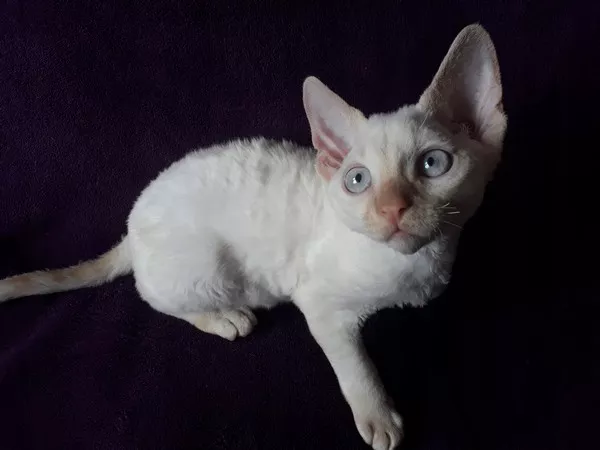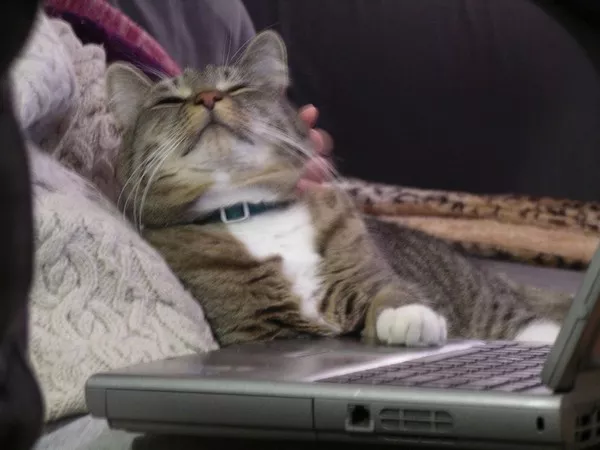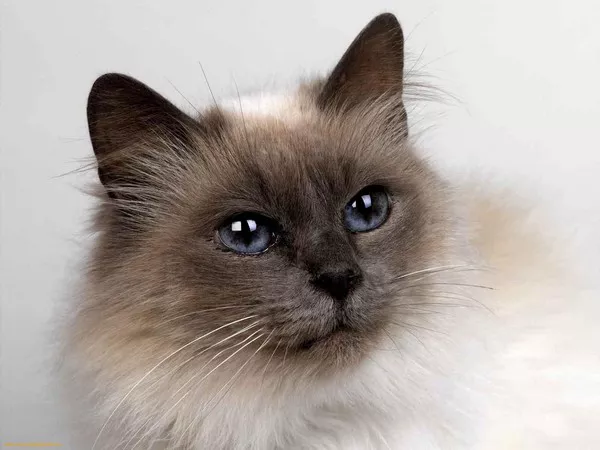Cats are known for their finicky eating habits, but many cat owners enjoy sharing their food with their feline friends. While cats have specific dietary needs and should primarily consume food formulated for them, there are certain human foods as cat treats. In this article, we will explore a variety of human foods that are safe for cats, the benefits of these foods, and the precautions to keep in mind.
Understanding a Cat’s Nutritional Needs
Before delving into the list of human foods safe for cats, it is important to understand the nutritional needs of cats. Cats are obligate carnivores, meaning they require a diet primarily composed of meat. Their bodies are adapted to obtain nutrients such as protein, taurine, and certain vitamins from animal sources. While some human foods can be given as treats, they should never replace a cat’s main diet.
Cooked Meat
One of the best human foods that can be given to cats is cooked meat. Lean meats such as chicken, turkey, and beef are excellent sources of protein and can be offered as a treat. It is important to ensure that the meat is cooked thoroughly and does not contain any seasoning, onions, or garlic, which can be toxic to cats.
Benefits of Cooked Meat
- High in protein, which supports muscle growth and repair.
- Contains essential amino acids like taurine, which is vital for heart health and vision.
- Easily digestible and palatable for cats.
Precautions
- Avoid giving cats raw meat, as it can contain harmful bacteria.
- Remove any bones, as they can pose a choking hazard or cause internal injury.
Fish
Fish is another favorite treat for many cats. Cooked fish such as salmon, tuna, and sardines can be given in moderation. Fish is rich in omega-3 fatty acids, which are beneficial for a cat’s coat and overall health.
Benefits of Fish
- High in omega-3 fatty acids, promoting a healthy coat and skin.
- Rich in protein and essential nutrients.
- Can be a good source of hydration due to its moisture content.
Precautions
- Limit the frequency of fish treats to avoid mercury buildup, especially with tuna.
- Ensure the fish is cooked and free of bones.
- Avoid smoked or salted fish, as these can be harmful to cats.
Eggs
Eggs are a nutritious treat that can be safely given to cats. Cooked eggs, whether scrambled or boiled, provide a good source of protein and essential amino acids.
Benefits of Eggs
- High in protein, supporting muscle maintenance and growth.
- Contains vitamins such as B12 and riboflavin, which are important for energy metabolism.
- Can be a versatile treat, easily mixed with regular cat food.
Precautions
- Always cook the eggs thoroughly to eliminate the risk of salmonella.
- Avoid adding any seasoning or additives to the eggs.
Vegetables
While cats are primarily carnivores, some vegetables can be offered as occasional treats. Vegetables such as carrots, peas, and green beans can provide some fiber and vitamins.
Benefits of Vegetables
- Can aid in digestion due to their fiber content.
- Low in calories, making them a good option for overweight cats.
- Provides vitamins and antioxidants that support overall health.
Precautions
- Introduce vegetables gradually to avoid digestive upset.
- Cook vegetables to make them easier for cats to chew and digest.
- Avoid vegetables that are toxic to cats, such as onions, garlic, and tomatoes.
Fruits
Certain fruits can be safely given to cats in small amounts. Fruits like blueberries, watermelon, and apples (without seeds) can provide hydration and some vitamins.
Benefits of Fruits
- Hydrating, especially useful in hot weather.
- Contains vitamins and antioxidants that support immune health.
- Can be a refreshing and low-calorie treat.
Precautions
- Always remove seeds and pits from fruits, as they can be toxic.
- Offer fruits in moderation to prevent digestive upset due to their sugar content.
- Avoid citrus fruits, grapes, and raisins, as they can be harmful to cats.
Dairy Products
Many cats are lactose intolerant, but small amounts of certain dairy products can be tolerated by some cats. Plain yogurt and cheese can be given as treats in limited quantities.
See Also: Does Boarding a Cat Cause Stress?
Benefits of Dairy Products
- High in calcium, supporting bone health.
- Can be a source of probiotics, which promote digestive health.
- Often palatable to cats, making them an enticing treat.
Precautions
- Monitor for signs of lactose intolerance, such as diarrhea or stomach upset.
- Choose low-lactose options like hard cheese or lactose-free products.
- Avoid giving milk, as it is difficult for most cats to digest.
Grains
While grains are not a natural part of a cat’s diet, some cats enjoy small amounts of cooked grains such as rice or oatmeal. These can be given as treats in moderation.
Benefits of Grains
- Provides carbohydrates, which can be a quick source of energy.
- Contains some fiber, aiding in digestion.
- Can be mixed with other foods to create a more filling treat.
Precautions
- Ensure grains are cooked thoroughly and plain, without any seasoning.
- Offer grains in small amounts to avoid weight gain.
- Avoid grains that contain gluten if your cat has sensitivities.
Summary of Safe Human Foods for Cats
In summary, while cats have specific dietary requirements that are best met by their formulated cat food, there are several human foods that can be safely offered as occasional treats. These include cooked meat, fish, eggs, certain vegetables, fruits, dairy products, and grains. It is crucial to introduce these foods gradually and in moderation, always monitoring for any adverse reactions. Additionally, avoid any foods that are toxic to cats or that could pose a choking hazard.
General Guidelines for Feeding Human Food to Cats
Moderation is Key: Human foods should only be given as occasional treats and not make up more than 10% of your cat’s diet.
Avoid Toxic Foods: Be aware of foods that are harmful to cats, such as onions, garlic, chocolate, caffeine, alcohol, grapes, and raisins.
Monitor for Reactions: Observe your cat for any signs of digestive upset, allergic reactions, or other health issues after introducing new foods.
Consult Your Veterinarian: Before making any significant changes to your cat’s diet or introducing new treats, it’s always best to consult with your veterinarian.
Conclusion
Feeding your cat human food as a treat can be a fun and rewarding way to bond with your feline friend. By selecting safe and nutritious options, you can provide variety in their diet while ensuring they remain healthy. Remember to prioritize your cat’s dietary needs, offer treats in moderation, and always be vigilant about their safety and well-being. With these guidelines in mind, you and your cat can enjoy a variety of tasty treats together.























